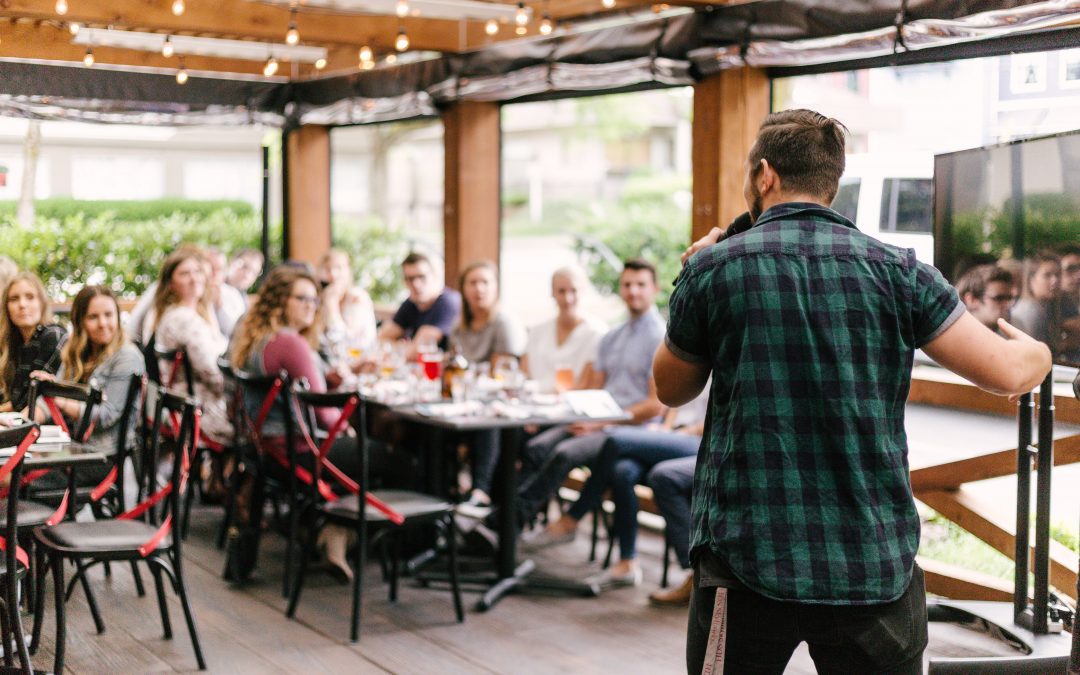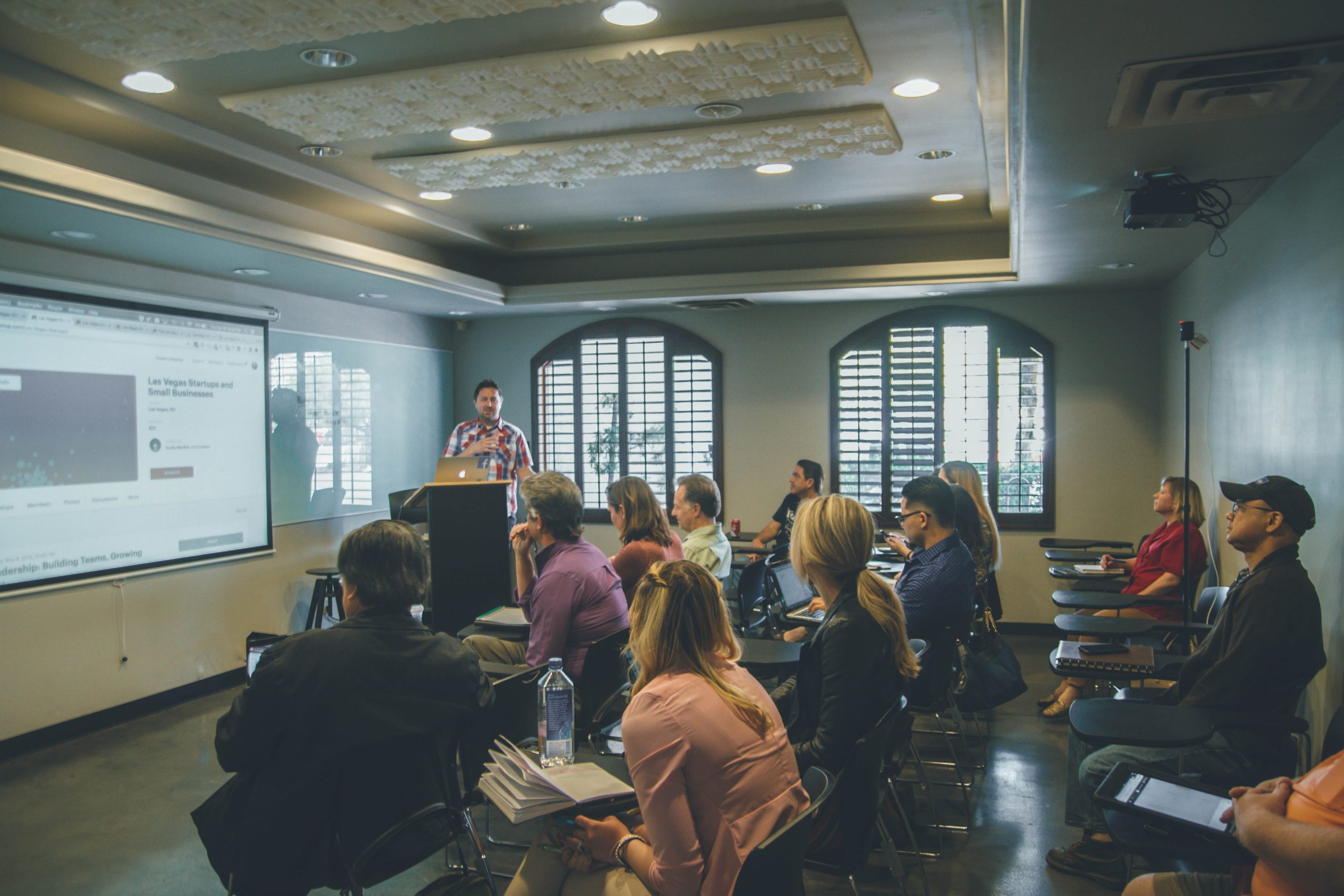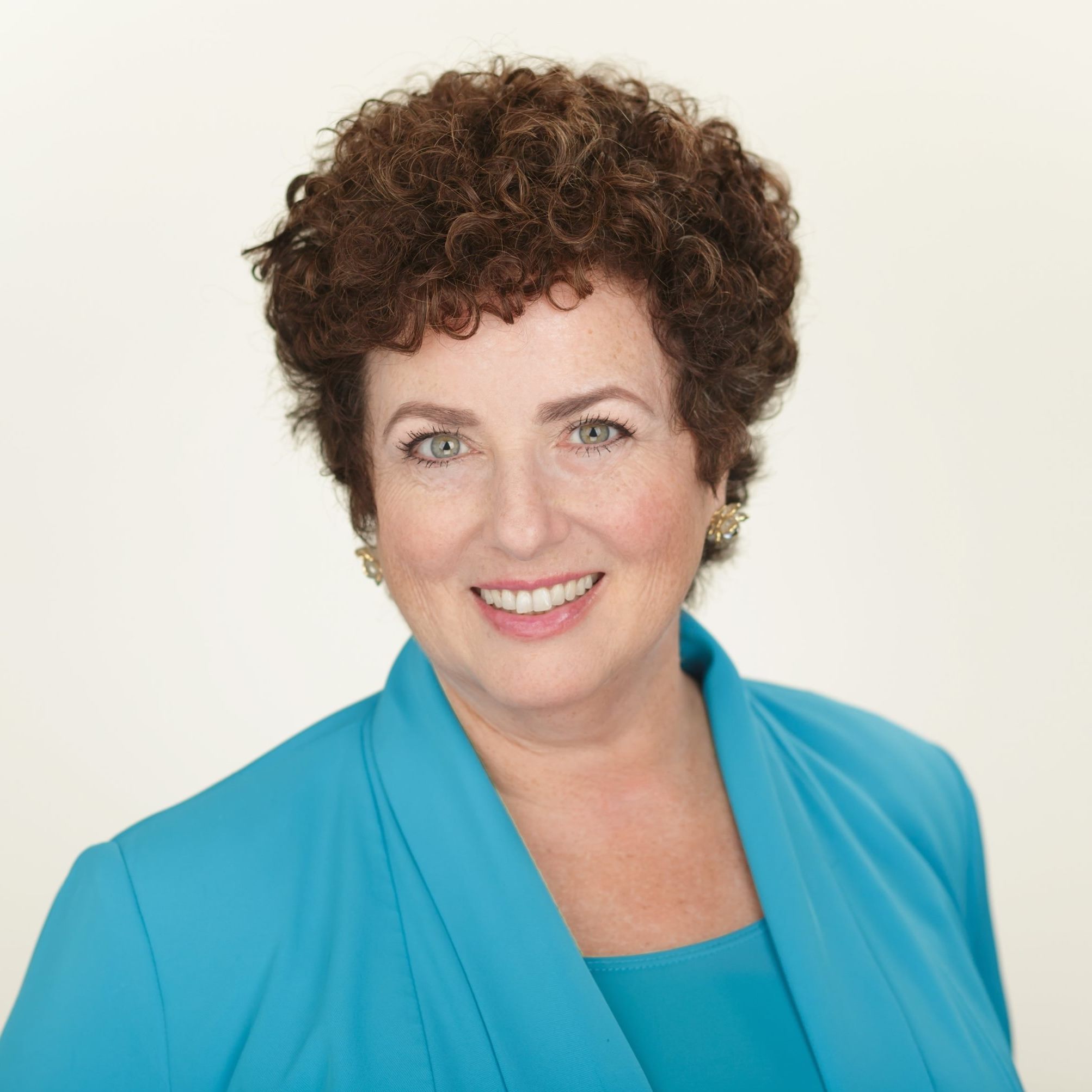I had spent a year heavily investing in my career; time, money, networking, and lots of training enabled me to update and redesign my workshops and presentations, website, and promotional materials. Mark LeBlanc, who had been the president of the National Speakers Association, was working with me one-on-one as a coach. As a result of my work, focus, and sacrifice, it was all coming together. My schedule was jammed with speaking engagements. New consulting clients were streaming in. My profile expanded, as did my reach. I had even been invited to speak at an intense three-day business conference on an island off the coast of Vancouver, British Columbia.
I emerged from the ferry, pulling my trusty roller bag, to meet a nasty Canadian storm. The air was filled with an icy chill, and my entire body hurt from the exhaustion of presenting all day. Back on terra firma, I plowed through the pouring rain and freezing wind hammering my face. All I could think of was finding the driver of the Town Car and getting warm.
A few feet from the sleek black automobile, I greeted the driver and moved with my luggage toward the trunk, when my feet flew out from under me and everything went black. My next memory is waking up in a hospital the next day. My brain was foggy, while bolts of pain radiated from my ankles, both of which were fractured in multiple places. I was immobilized, bedridden. I went from Go Time to Stop Short.
In just one night my life drastically changed, and I quickly moved past depression and settled comfortably into despondent. My carefully laid-out plans collapsed, my income was sucked dry, and my burgeoning reputation vanished. Instead of going from city to city, event to event, and being showered with thanks, compliments, and recognition, I was confined within the walls of my home. And to make matters worse, I became heavily dependent on others for managing even the most routine things in life because I couldn’t walk, drive, cook, or bathe myself.
There I was, stuck in bed, flat on my back with both legs elevated. No matter what I tried, I couldn’t get comfortable. I was fidgety, frustrated, bored, and miserable. Once the brain fog cleared, I called Mark LeBlanc to cancel our upcoming coaching session. I couldn’t concentrate, so coaching would be a waste. Plus, I no longer had a business and couldn’t afford our sessions any longer. Everything would have to be put on hold, I told him.
“I won’t hear of it,” Mark barked in response. “Our sessions will continue, and don’t worry about payment until you are back on your feet—literally.”
I didn’t see it then, but Mark’s savviness and instincts helped him realize that at such a difficult time, I was fragile; I needed more than business coaching, and he stepped up to help me work through my depression and figure out how to be as productive as possible while I healed. In turn, our sessions were highly productive. We planned for the future, preparing for my return. We focused on maximizing my downtime, minimizing my losses, picking up the pieces, and reclaiming all I thought I had lost.
Gently and patiently Mark guided me, and that’s when the gains started. I learned how to use my time effectively so I would be ready when it was time to resume my career. He gave me suggestions and support; he kept me busy. His unsolicited kindness and generosity overwhelmed me; his humanity pulled me out of my funk. Mark’s professional support was a game-changer for me, but his kindness and compassion had an even greater, more meaningful impact. Although I had always prided myself on being kind and giving, Mark’s generosity spurred me to kick kindness into a higher gear. Once my regularly scheduled life resumed, I made it a priority to consistently try to be kinder, more patient, a better communicator, and more compassionate and understanding in both my business and personal lives (later in the book I discuss how the two go hand in hand). I also tried to become more observant, looking for opportunities in which I could give, and give generously, without expecting anything in return.
Doing hard work, providing highly skilled services, innovating a product, or opening a business while expecting nothing in return is typically viewed as a contradiction to profitable operations. This is why when one person went without compensation for the hours of expertise he patiently lent me without asking for anything in return, I was humbled. He provided an example I knew I wanted to follow and it made me think. I wanted people to feel about me the way I felt about Mark, whom I considered admirable, trustworthy, loyal, grounded, and well-rounded (basically somebody you want to invite into your life and stay there). Mark’s graciousness planted the seeds that blossomed into what helped me make great gains in my business, gains I call the Profit of Kindness—the no-strings-attached business transactions based in and centered on, kindness, which ultimately leads to the payment of dividends in the form of increased:
- Profit.
- Revenues.
- Customers.
- Connectivity.
- Prospects.
How do I know? Because, Mark’s largesse cemented our relationship and my loyalty to him, and to this day that loyalty compels me to continue to employ him as my business coach and advisor. I credit him every chance I get, and recommend his services and sell copies of his book wherever I go. I like to think that the kindness currency that Mark paid me during my most challenging time has paid off for him tenfold in the areas noted in the bullet list, through my referrals and book sales. What I do know for sure is that the inspiration I received from Mark, which ultimately led me to implement kindness as currency in my own business, has led me to grow and flourish professionally and personally in ways I never dreamed possible. It is now a business convention that I strictly adhere to and teach.
Consider the Profit of Kindness a new kind of payment plan, one to which you commit yourself and your business in order to build equity in yourself, others, your goods and/or services, and your future. It is a plan based on seven pathways that generate returns on building trusting, long-lasting re- relationships through open, non-adversarial interfaces and ex-changes that result in mutually beneficial outcomes. It’s acting amiably, considerately, and treating others, even competitors, with dignity and respect—exactly as you would like them to treat you. It’s about giving and expecting nothing in return and gaining substantially because of it.
In business, kindness would be considered one of those “soft skills,” probably one that we think we don’t have time for, whether we are a busy corporate executive or an under-staffed entrepreneur. We are running through our days, multitasking, distracted by technology and busywork, or reeling through the demands and stressors of work-life balance that we can’t seem to get a grip on. As we stay focused on the business elements that we think matter, like tasks and productivity, and time management, we are unknowingly detracting from our efforts because we are not prioritizing the necessary component of success.
Dr. Stephen Covey famously wrote an article called “The Big Rocks of Life.” In it, he tells the story of a professor who pulled out a one-gallon glass mason jar and filled it with fist-sized rocks. Once he reached the tip-top of the jar, he asked his class whether the jar was full. “Yes,” they answered in unison. Then, the professor grabbed a hidden stash of gravel and began to pour it into the Mason jar. As the sand and pebbles began to sliver through the cracks and crevices of the large rocks, the class began to murmur. They knew the answer to his next question, “Is the jar full now?” would be no, and this time the class was right. So, the professor took a pitcher of water and began to pour it into the Mason jar until it reached the brim. When he was finished, he proclaimed the jar finally full.
“What’s the moral of this illustration?” asked the professor.
“The point is, no matter how full your schedule is, if you try really hard, you can always fit some more things into it!” answered one zealous student.
“No,” the professor replied, “that’s not the point. The truth this illustration teaches us is: If you don’t put the big rocks in first, you’ll never get them in at all.”1
What are the big rocks in your business? It is my contention that when building our brands and businesses, and in order to target and increase the big five results—profit, revenues, customers, connectivity, and prospects—our big rocks should not be built upon the typical business modalities, as they too often are. Instead, this book teaches that our big rocks are the solid masses only kindness can accumulate. Rock upon rock becomes the bedrock of business that holds us accountable for paying out and receiving kind currency. In business, we must always start with kindness, and only after kindness is written into the institution of the business, can it be filled to the brim with all the other good stuff.
What I set out to do throughout this book is help business owners, entrepreneurs, and executives notice if the important rocks of kindness have been missing from their business model. And if they have, my seven pathways to generating kindness currency will help to turn everything around. Before I lay the foundation for the seven pathways, let’s get one thing straight about kindness: It is simple, but not easy.
Jill Lublin is an international speaker on the topics of Radical Influence, Publicity, Networking, Kindness, and Referrals. She is the author of 4 Best Selling books including Get Noticed…Get Referrals (McGraw Hill) and co-author of Guerrilla Publicity and Networking Magic. Her latest book, Profit of Kindness went #1 in four categories. Jill is a master strategist on how to position your business for more profitability and more visibility in the marketplace. She is CEO of a strategic consulting firm and has over 25 years experience working with over 100,000 people plus national and international media. Jill teaches a virtual Publicity Crash Course, and consults and speaks all over the world. She also helps authors to create book deals with major publishers and agents, as well as obtain foreign rights deals. Visit publicitycrashcourse.com/freegift and jilllublin.com





Recent Comments